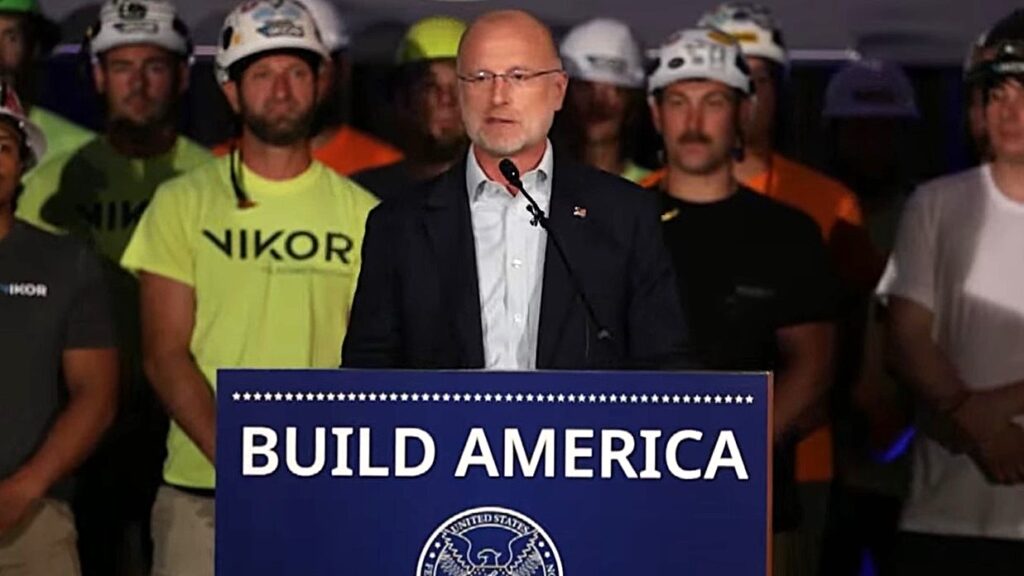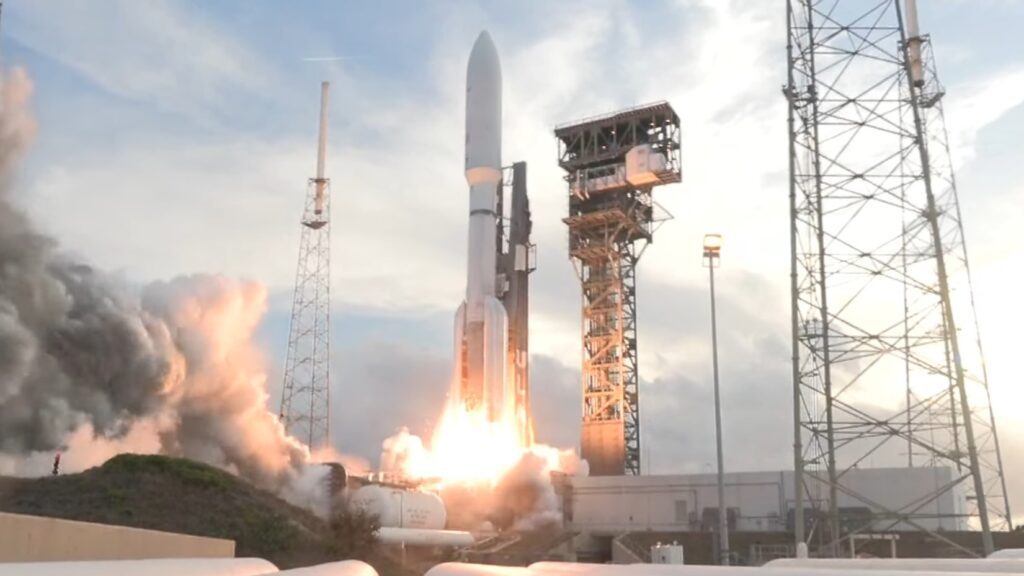CoBank Says LEO Future Is “Littered with Uncertainty”
Randy Sukow
|

The FCC’s recent attention on low-earth orbiting (LEO) satellites and their eligibility to participate in the Rural Digital Opportunities Fund (RDOF) reverse auction has centered increased attention on the technology that seeks to make broadband connectivity available worldwide through small satellites in non-geosynchronous orbits. A recent analysis by Jeff Johnston, lead economist for CoBank, acknowledges LEO’s potential, but also reviews the many financial pitfalls that place doubt on the technology’s future.
“At this point, the path to a viable commercial network is littered with uncertainty and funding challenges, especially if meaningful share gains are needed in urban and suburban markets to make the numbers work,” Johnson concludes.
The report points to the recent bankruptcy proceedings of OneWeb, which had been one of the leading LEO companies and had even begun launching satellites. Recent economic conditions, made worse by the COVID-19 crisis, led its leading investor, Japan’s Softbank, to discontinue backing the venture. “Softbank did not comment on its decision, but it does call into question the viability of the LEO satellite broadband business model,” the report found.
The report also questions LEO networks’ ability to penetrate urban and suburban markets already built out with fiber. “Broadband incumbents have legacy infrastructure that has been amortized and capable of eventually providing 10GB speeds. These broadband networks have rich margins, giving providers the flexibility to cut their price to preserve market share,” the report says.
Also, early LEO customer equipment is likely to cost $1,000. The report asks, “Why would a user want to spend several hundred dollars on customer premise equipment to replace their existing broadband provider that doesn’t have these costs?”
LEOs could find less competition in rural areas, but government initiatives, such as RDOF, soon could expand wireline broadband to many of those unserved areas as well. To the extent that LEOs are successful, the report predicts that part of that success could stem from providing 5G backhaul in rural markets.
The report says that the two lead LEO companies that remain, SpaceX and Amazon, could buy up the OneWeb assets. SpaceX already has launched several hundred of its eventually planned 12,000-satellite constellation. Viasat recently said that it plans to change its current medium-earth orbiting strategy to a LEO network.
However, the report finds that Amazon is the LEO most likely to succeed. “If there is a business case to be made for LEO broadband services, Amazon is the best positioned for success given its access to unlimited capital and bundling opportunities,” according to the report.


